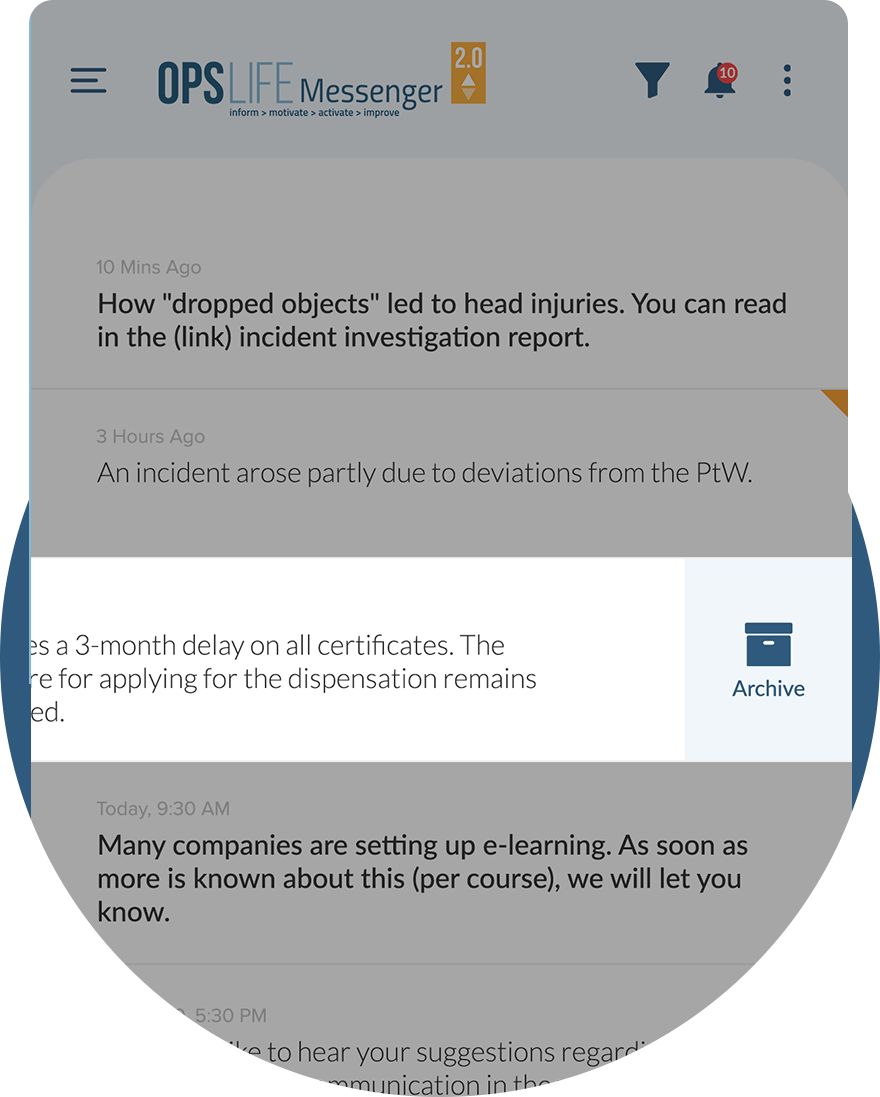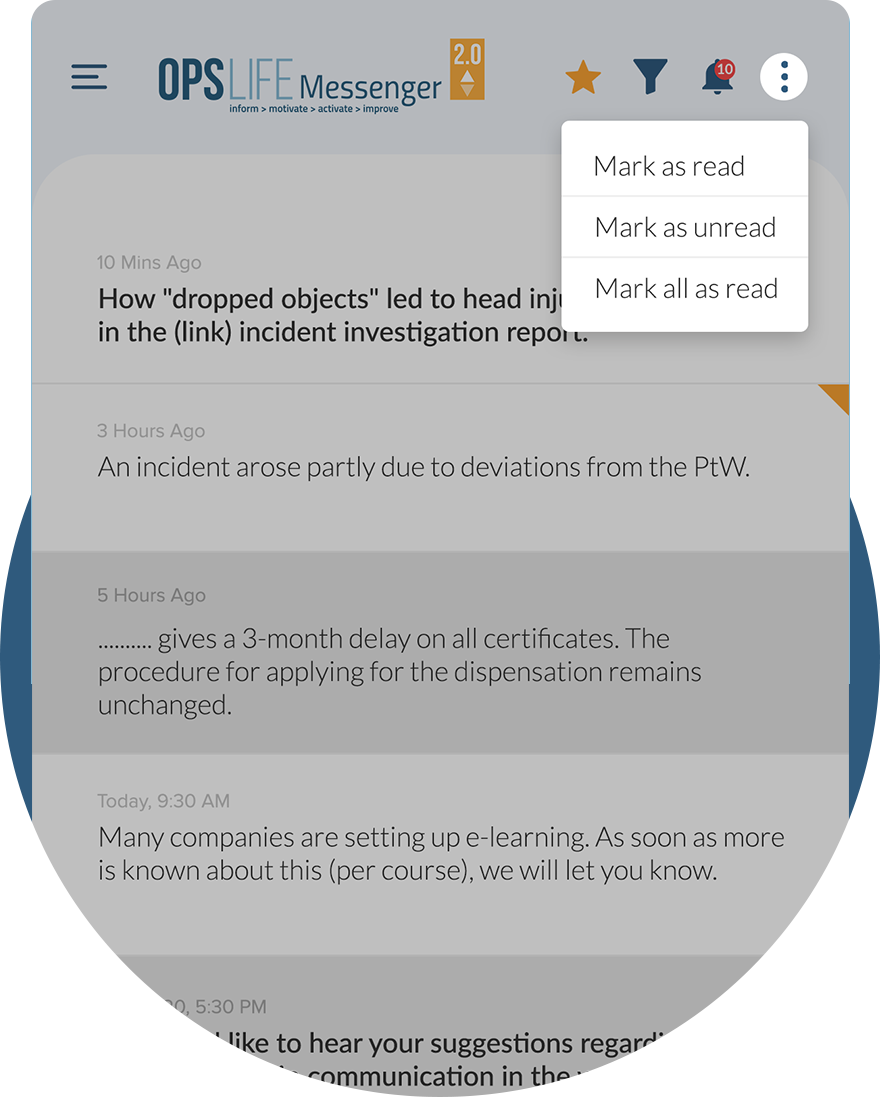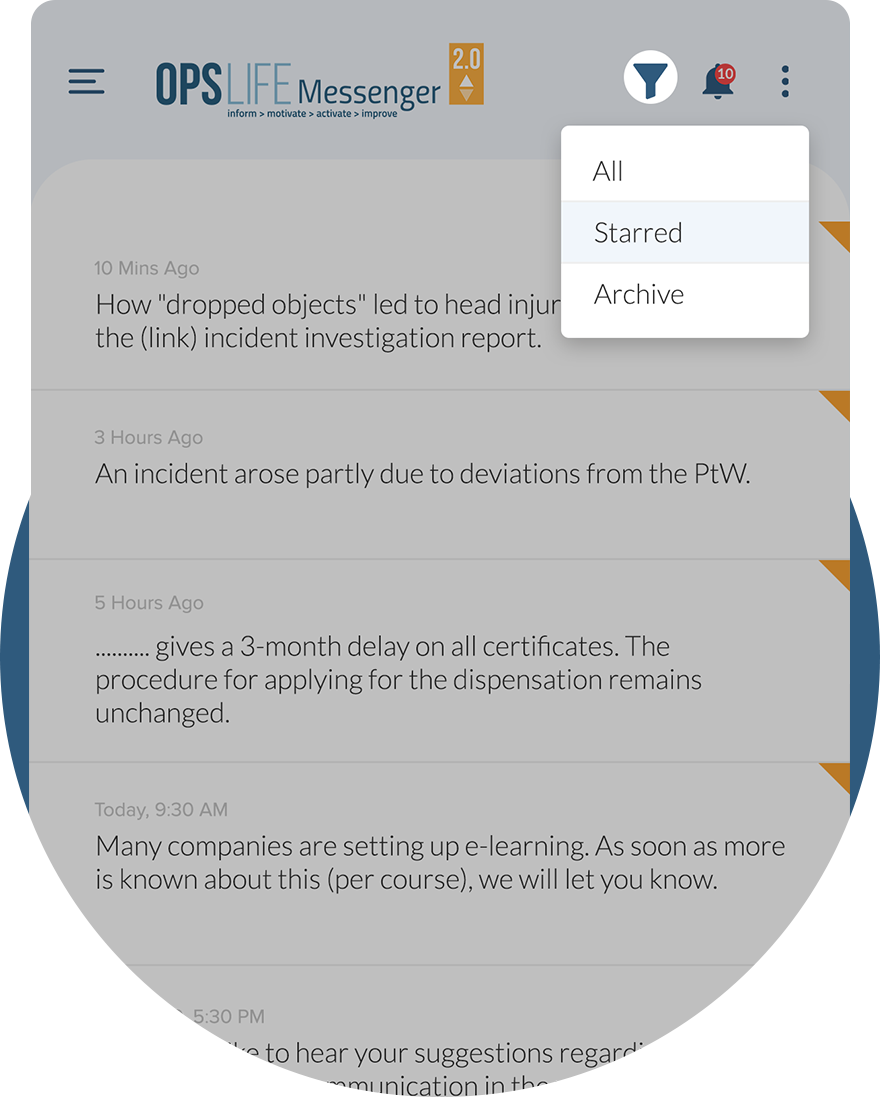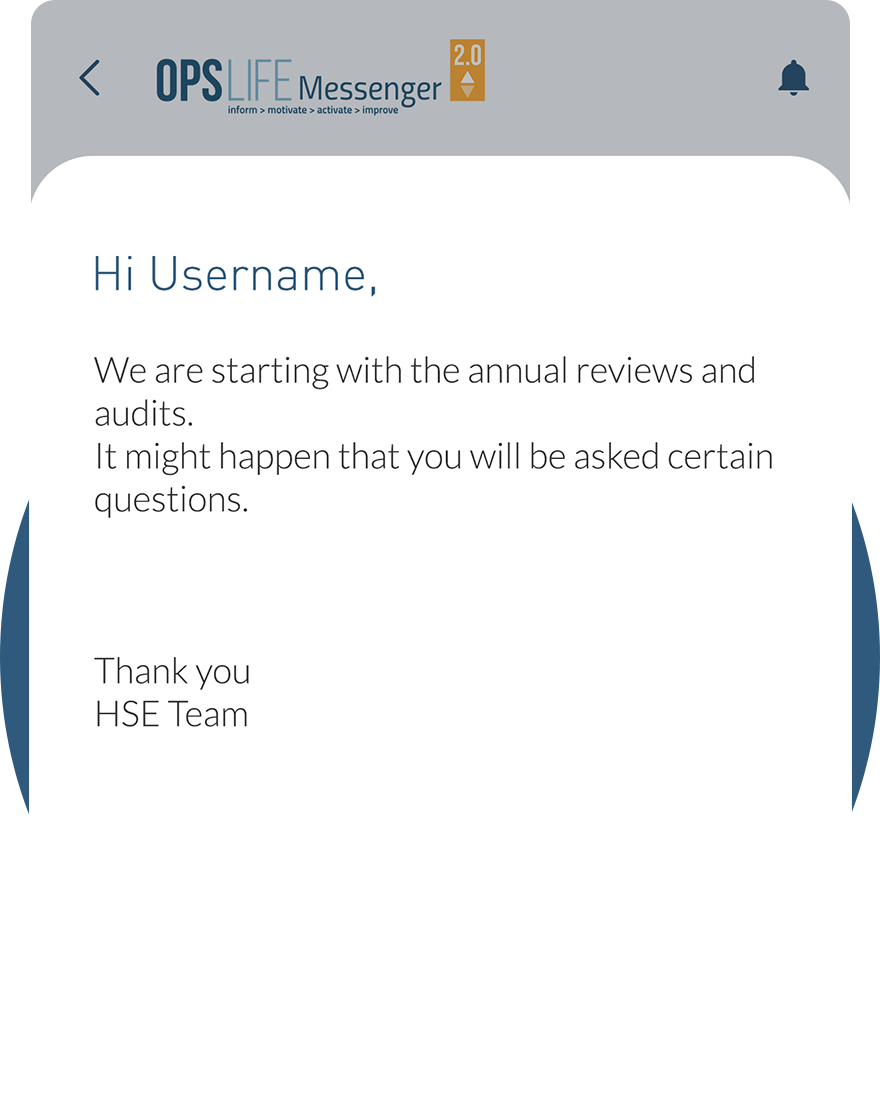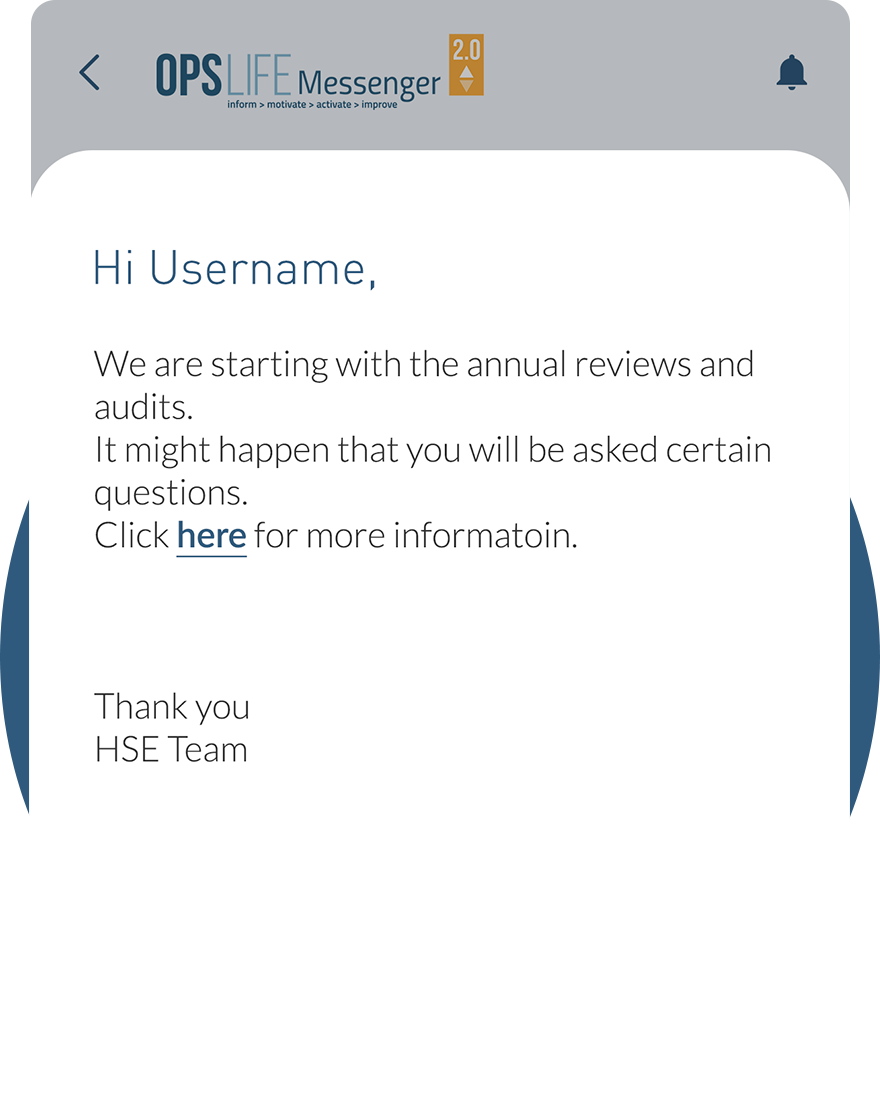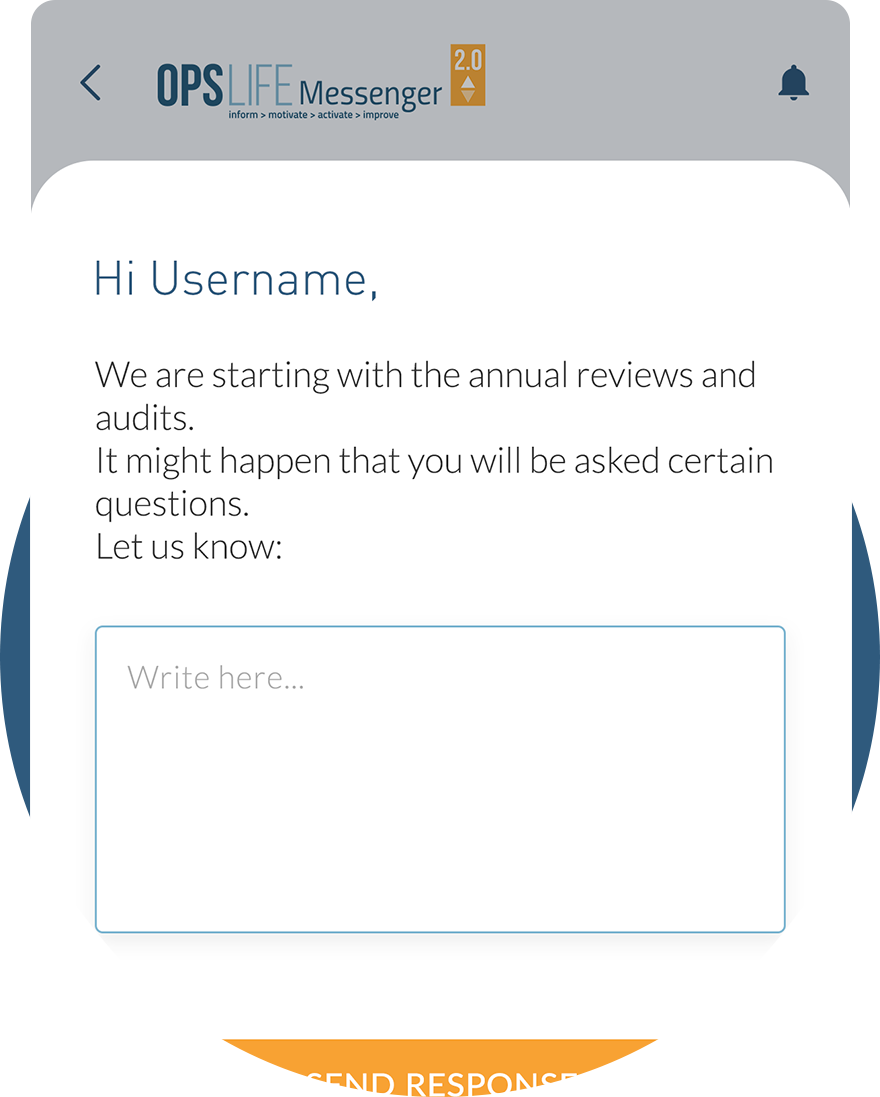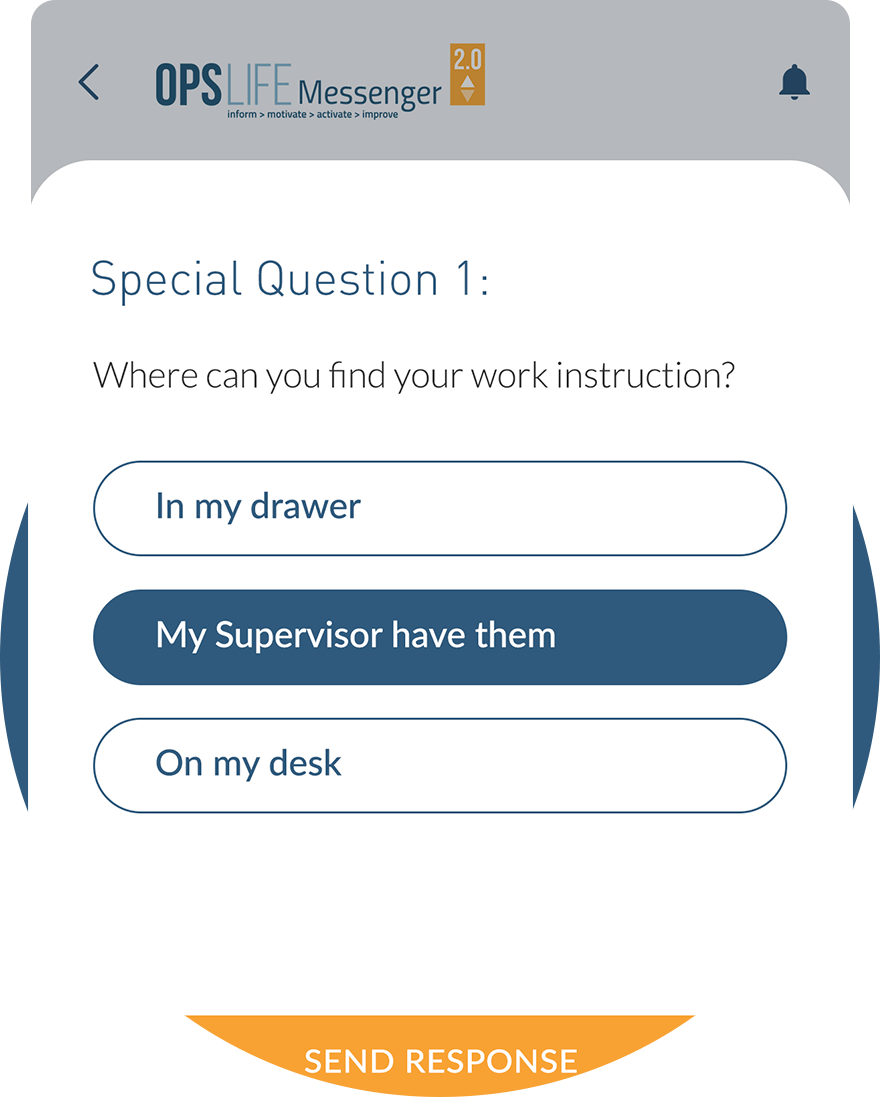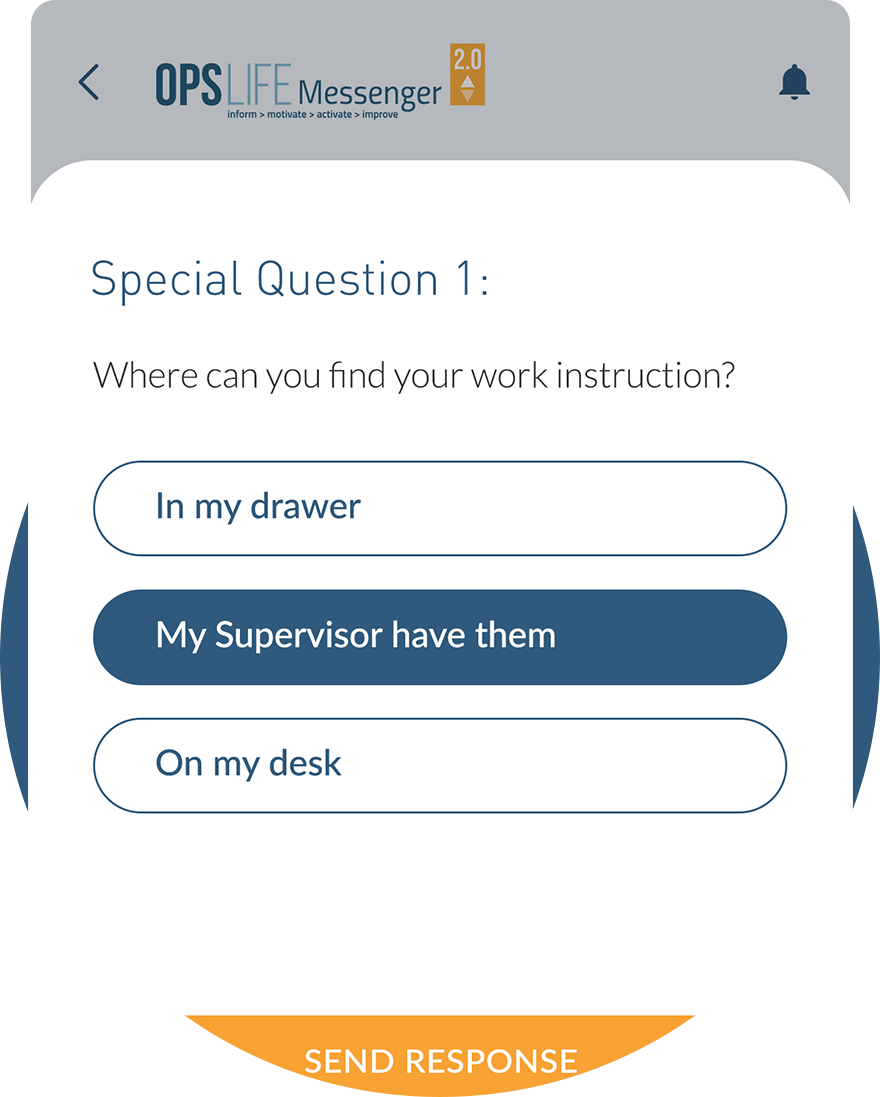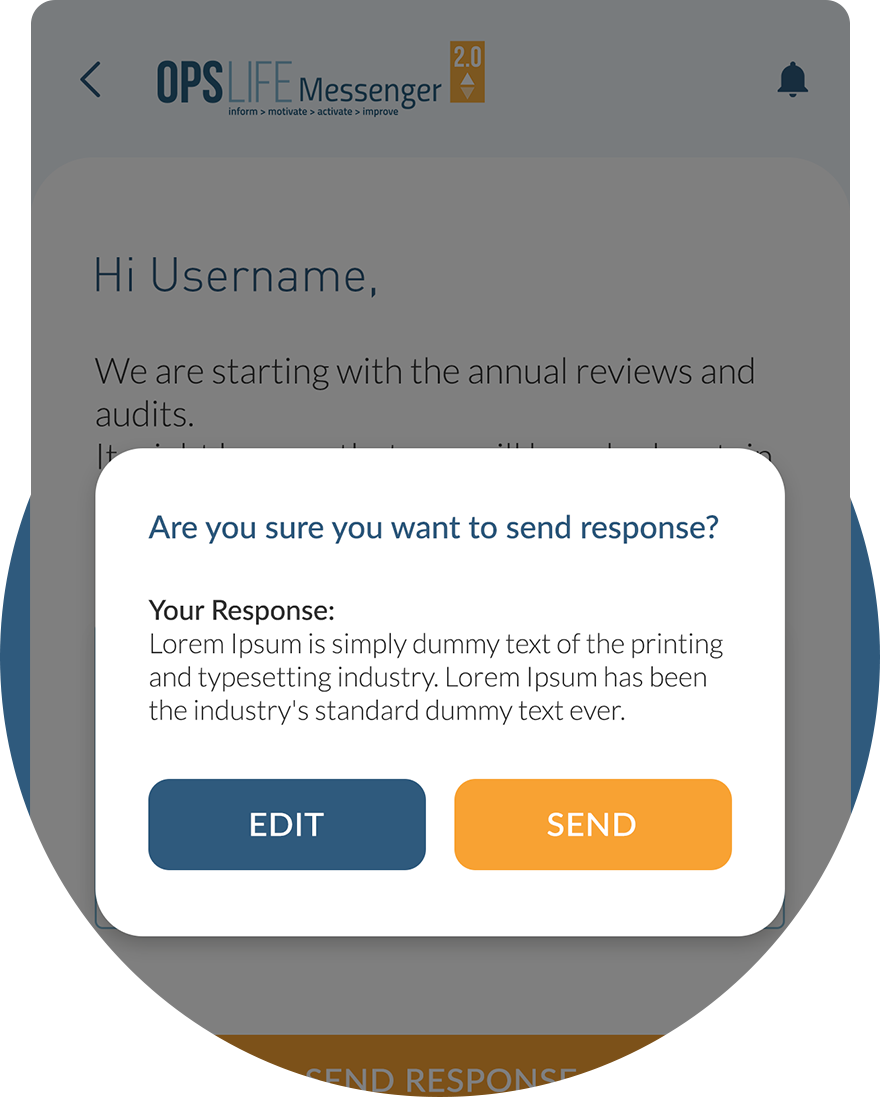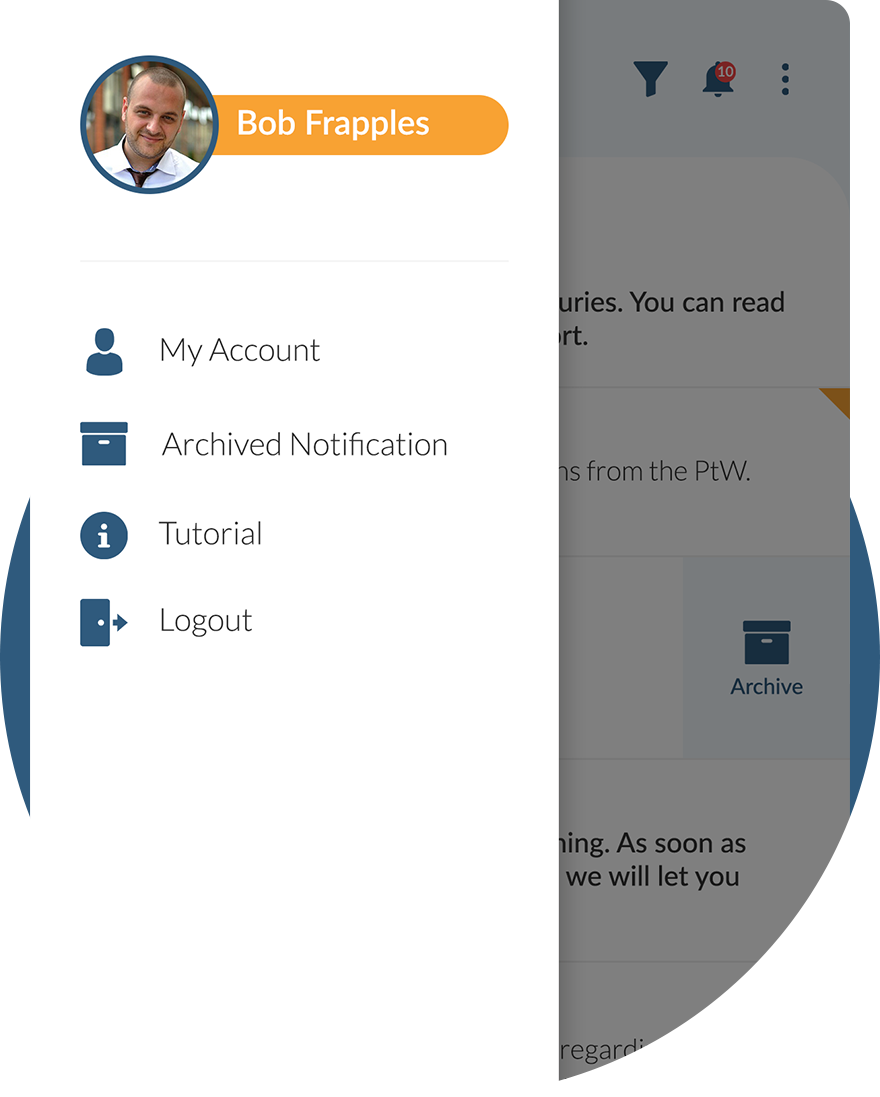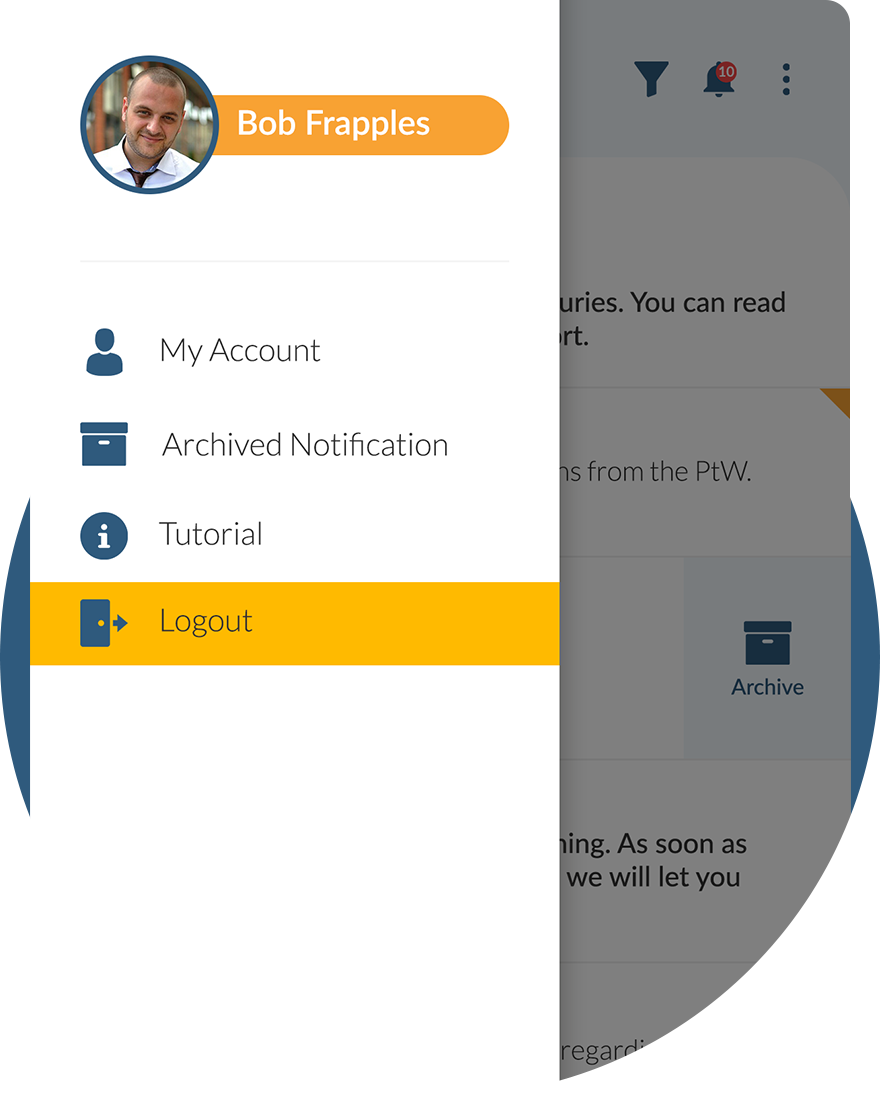Basic HSE information about Spills and set of tools to be used at work.
Spills
- Workplace Information
- Toolbox Information
- Check Your Knowledge
- Action Focus Campaign
IMPORTANT INFORMATION
- Never touch a spill.
- Always report any spills to your HSE Manager or Supervisor.
- Prevent spills spreading, especially into the wider environment.
- Always store chemicals; ask your company for further information about this.
- Prevent spills from reaching equipment, tools and materials you or your colleagues are working with.
WHAT IS IT?
A spill is an unintentional release of a harmful substance, e.g. natural gas, natural gas condensate, petroleum, chemicals, excipients and other liquids or gases. If a spill is unintentional, then it is classified as an incident.
HAZARDS
A spill often occurs in critical installation parts, e.g. shaft seals of valves, valves and pumps, seals and gaskets, fittings and flanges, underfloor/underground pipes, flexible hose connections and valves.
COMMON CAUSES OF SPILLS
- old age of an installation
- incomplete maintenance program or backlog in undertaking maintenance
- operational errors
- human errors
PREVENTION
- adhere to your company’s work protocols, procedures and instructions which have been developed specifically to manage the risk of spills; if you believe this is not the case, notify your HSE Manager
- identify spillage-critical parts and activities and report these to your HSE Manager
- be aware of the activities carried out by others and the substances, equipment and materials with which they are working
PROTECTION
REPORTING SPILLS
- report every spill to your HSE Manager or Supervisor, even if no harmful substances have escaped into the environment
- any spills should be reported, recorded and registered; procedures may vary depending on the severity of the spill; ask your company about their specific policies and procedures in relation to reporting spills
- reporting, recording and registration of any spill is important to find structural solutions for problems and to prevent environmentally harmful situations from occurring
IN CASE OF...
WHAT TO DO IN THE EVENT OF SPILLS?
- never touch a spill
- report all spills directly to your HSE Manager or Supervisor
- prevent further spillage and distribution into the environment if possible and safe to do so
- prevent spreading of the spill throughout the environment
Start your daily work with safety!
Onscreen presentation is very useful to use during work preparation or toolbox meetings. It provides short and concrete information. Five questions and answers at the end of presentation can be used to make the meeting more interactive and to give conversation a boost.
Be always prepared for the work!
It is of utmost importance to be well prepared before you start the work.
By clicking on the button below you can check your knowledge about this HSEQ subject.
After completion of the knowledge check, your certificate will be visible in
MY ACCOUNT > My training.
